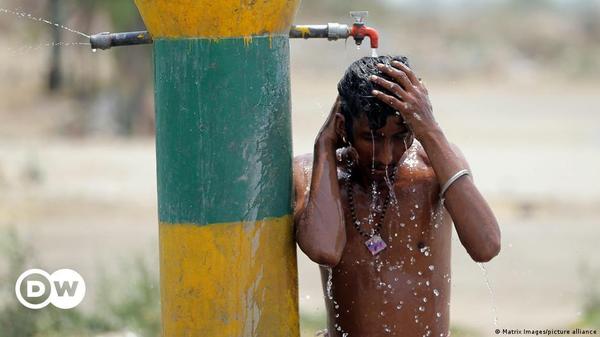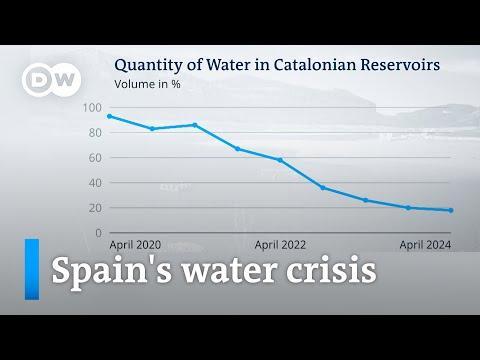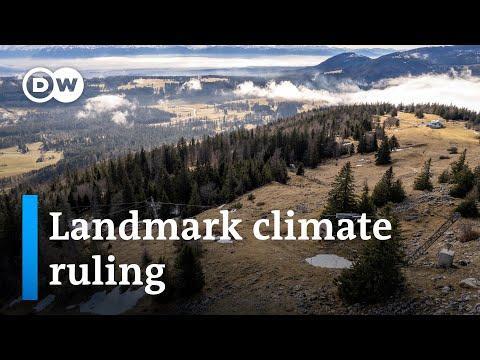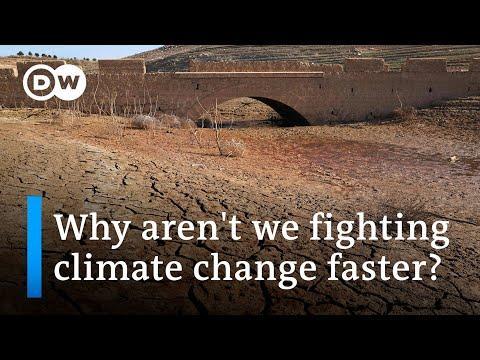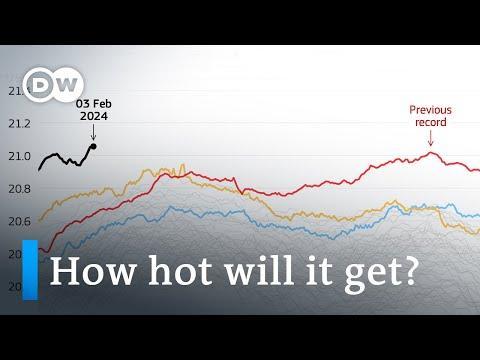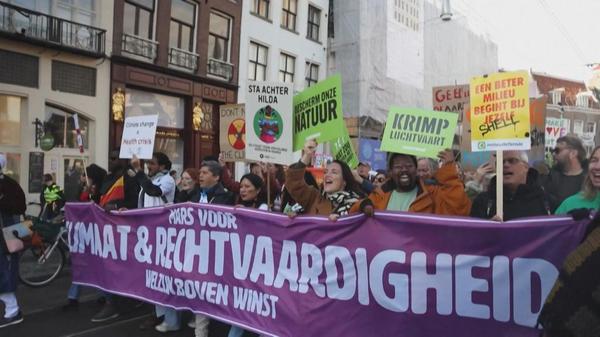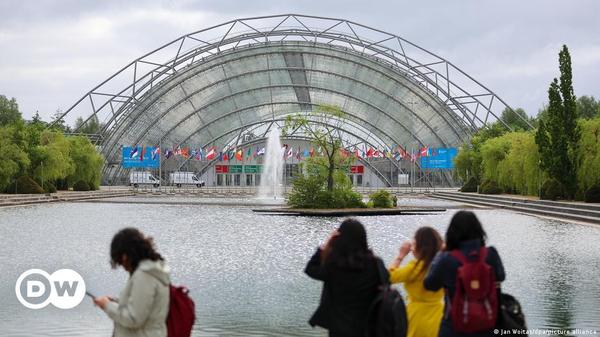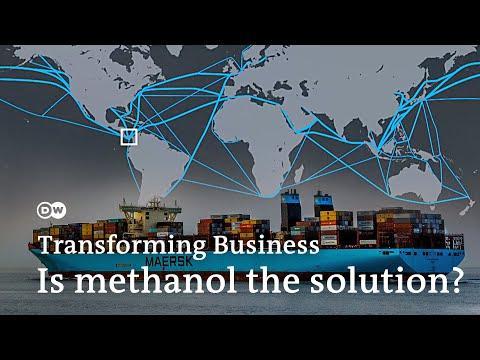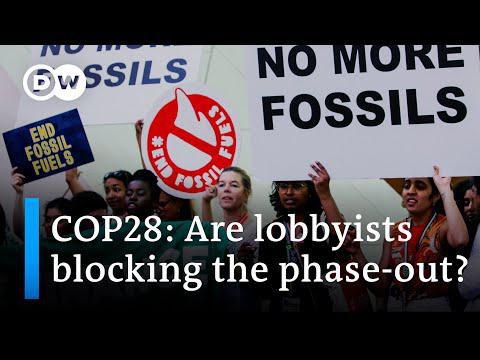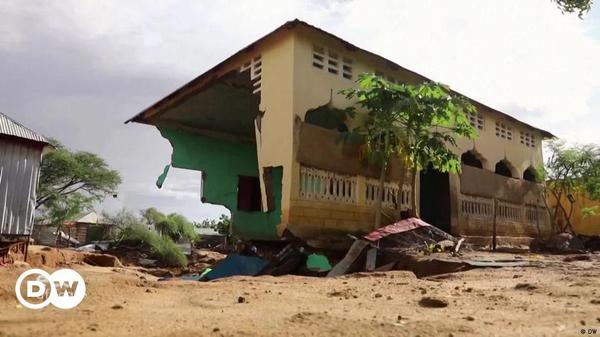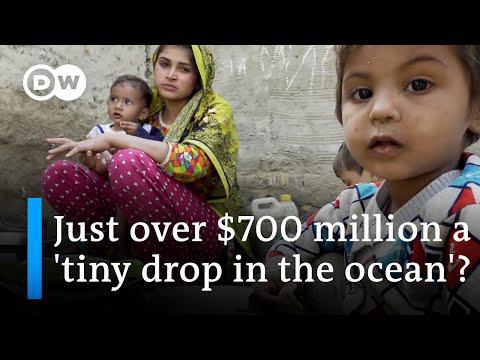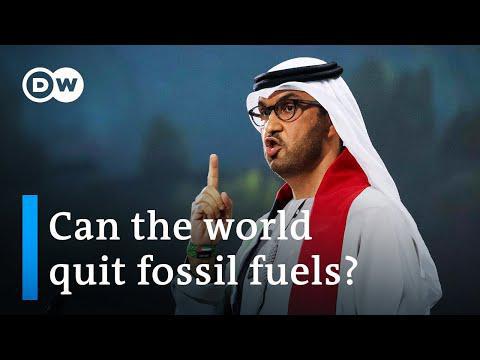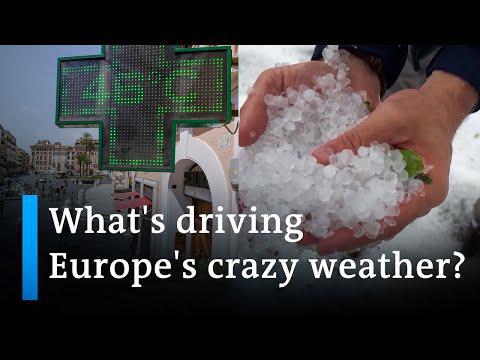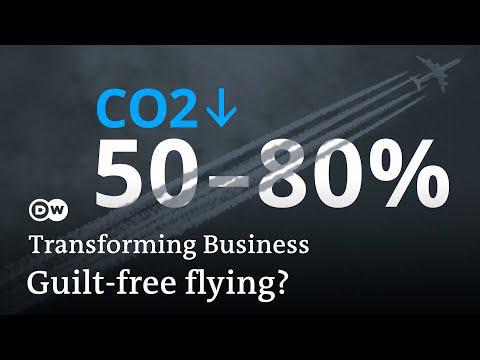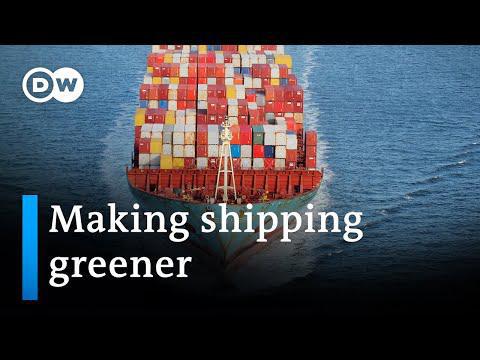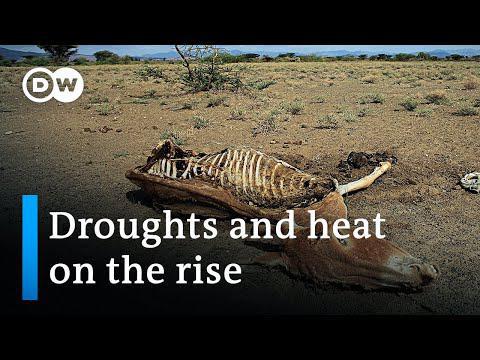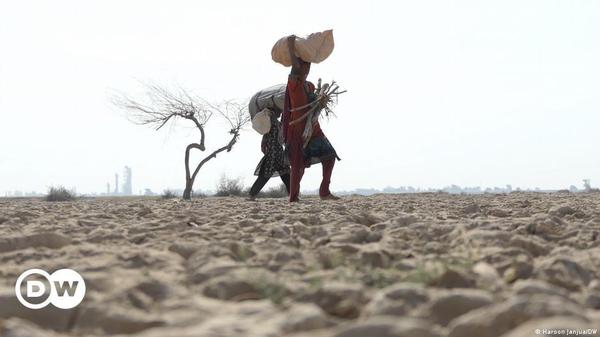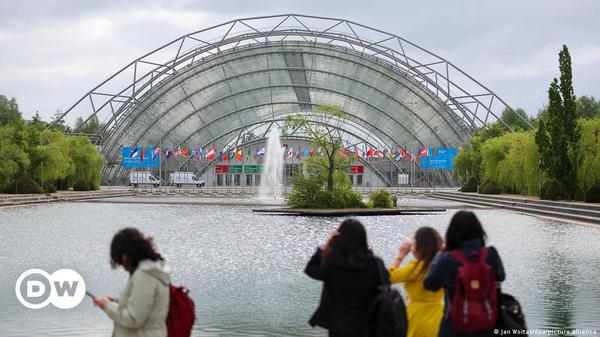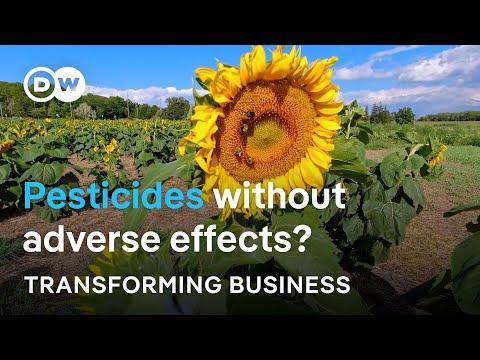
How toxic is the pesticides industry? | DW Transforming Business
Synthetic pesticides are poisonous to the environment. And yet, we need them to grow our crops - at least in conventional, industrial agriculture. Pesticide producers make billions in sales from their products, and have lobbied the European Union to keep our food systems in place, toppling pesticide-reduction proposals, say anti-pesticide campaigners. But how damaging are synthetic pesticides? And can they be made more sustainable?
00:00 Introduction
00:44 Going organic
02:39 History of pesticides
04:48 The weed resistance
07:08 Environmental impact
08:39 Legislation
11:17 Bad business in South America?
13:49 Do we need pesticides?
Subscribe: https://www.youtube.com/user/deutschewelleenglish?sub_confirmation=1
For more news go to: http://www.dw.com/en/
Follow DW on social media:
►Facebook: https://www.facebook.com/deutschewellenews/
►Twitter: https://twitter.com/dwnews
►Instagram: https://www.instagram.com/dwnews
►Twitch: https://www.twitch.tv/dwnews_hangout
Für Videos in deutscher Sprache besuchen Sie: https://www.youtube.com/dwdeutsch
#Pesticides #Environment #Biodiversity
00:00 Introduction
00:44 Going organic
02:39 History of pesticides
04:48 The weed resistance
07:08 Environmental impact
08:39 Legislation
11:17 Bad business in South America?
13:49 Do we need pesticides?
Subscribe: https://www.youtube.com/user/deutschewelleenglish?sub_confirmation=1
For more news go to: http://www.dw.com/en/
Follow DW on social media:
►Facebook: https://www.facebook.com/deutschewellenews/
►Twitter: https://twitter.com/dwnews
►Instagram: https://www.instagram.com/dwnews
►Twitch: https://www.twitch.tv/dwnews_hangout
Für Videos in deutscher Sprache besuchen Sie: https://www.youtube.com/dwdeutsch
#Pesticides #Environment #Biodiversity


